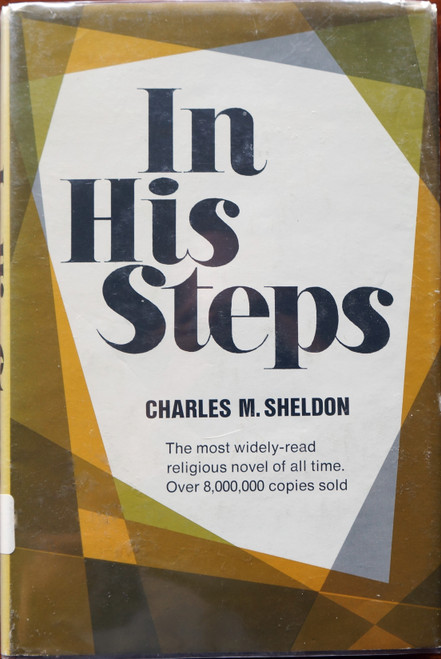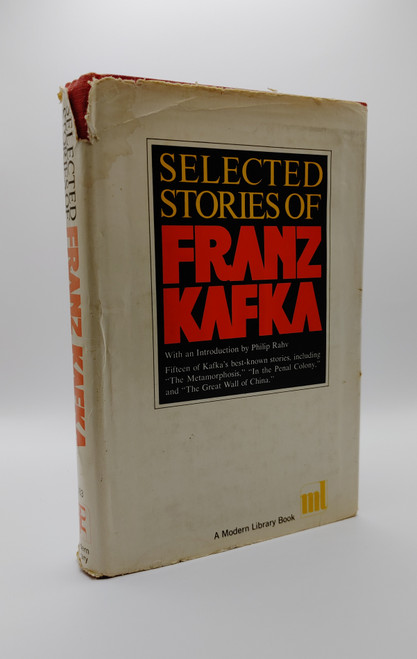Mohandas K. Gandhi, called Mahatma (“great soul”), was the father of modern India, but his influence has spread well beyond the subcontinent and is as important today as it was in the first part of the twentieth century and during this nation’s own civil rights movement. Taken from Gandhi’s writings throughout his life, The Essential Gandhi introduces us to his thoughts on politics, spirituality, poverty, suffering, love, non-violence, civil disobedience, and his own life. The pieces collected here, with explanatory head notes by Gandhi biographer Louis Fischer, offer the clearest, most thorough portrait of one of the greatest spiritual leaders the world has known.
Editorial Review(s)
"Gandhi believed in revealing himself. He regarded secrecy as the enemy of freedom--not only the freedom of India but the freedom of man. He exposed even the innermost personal thoughts which individuals usually regard as private. In nearly a half-century of prolific writing, speaking, and subjecting his ideas to the test of actions, he painted a detailed self-portrait of his mind, heart, and soul.
"Gandhi was a unique person, a great person, perhaps the greatest figure of the last nineteen hundred years. And his words have been preserved as they came from his mouth and pen." --Louis Fischer, editor
About the Author







